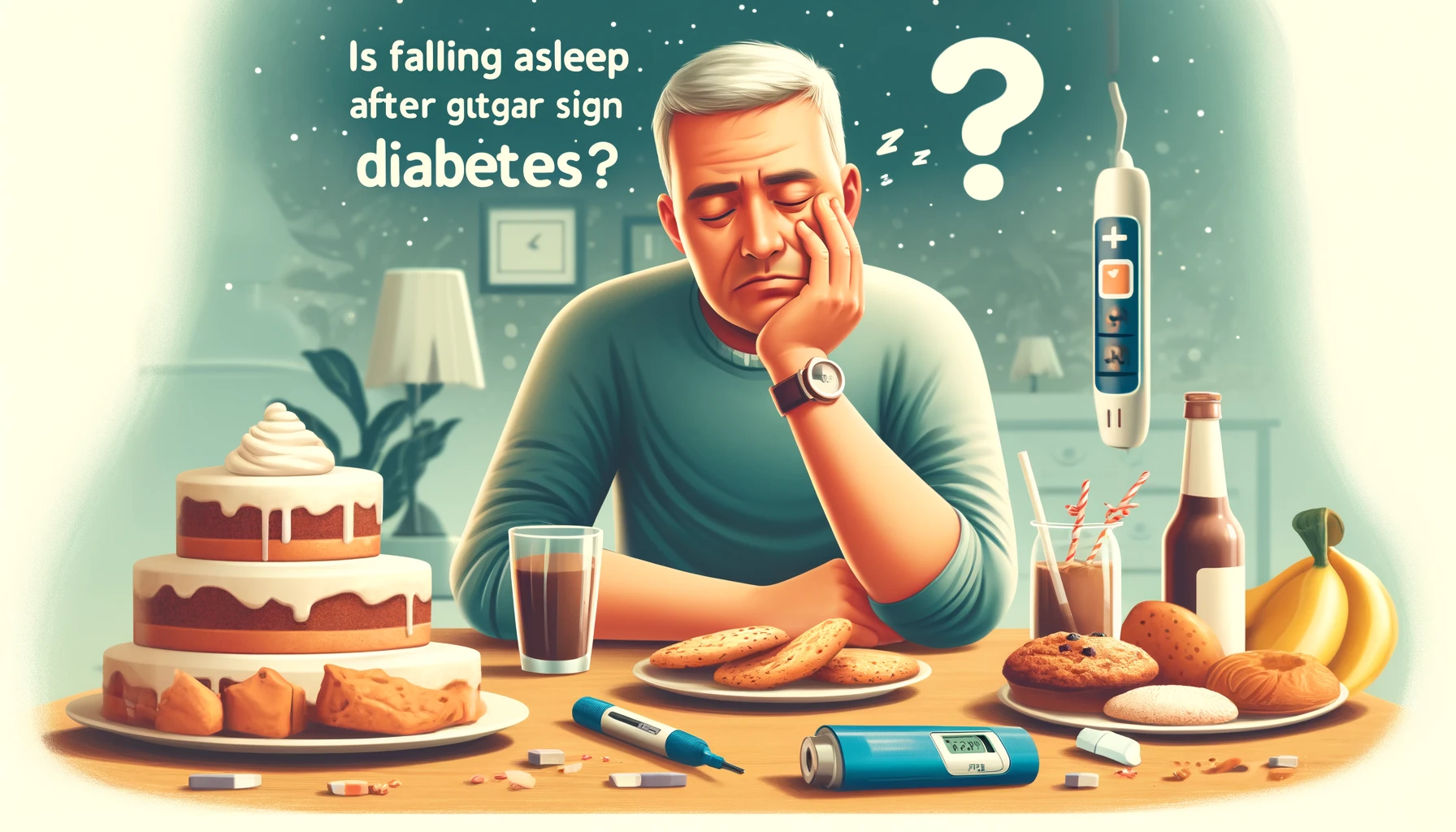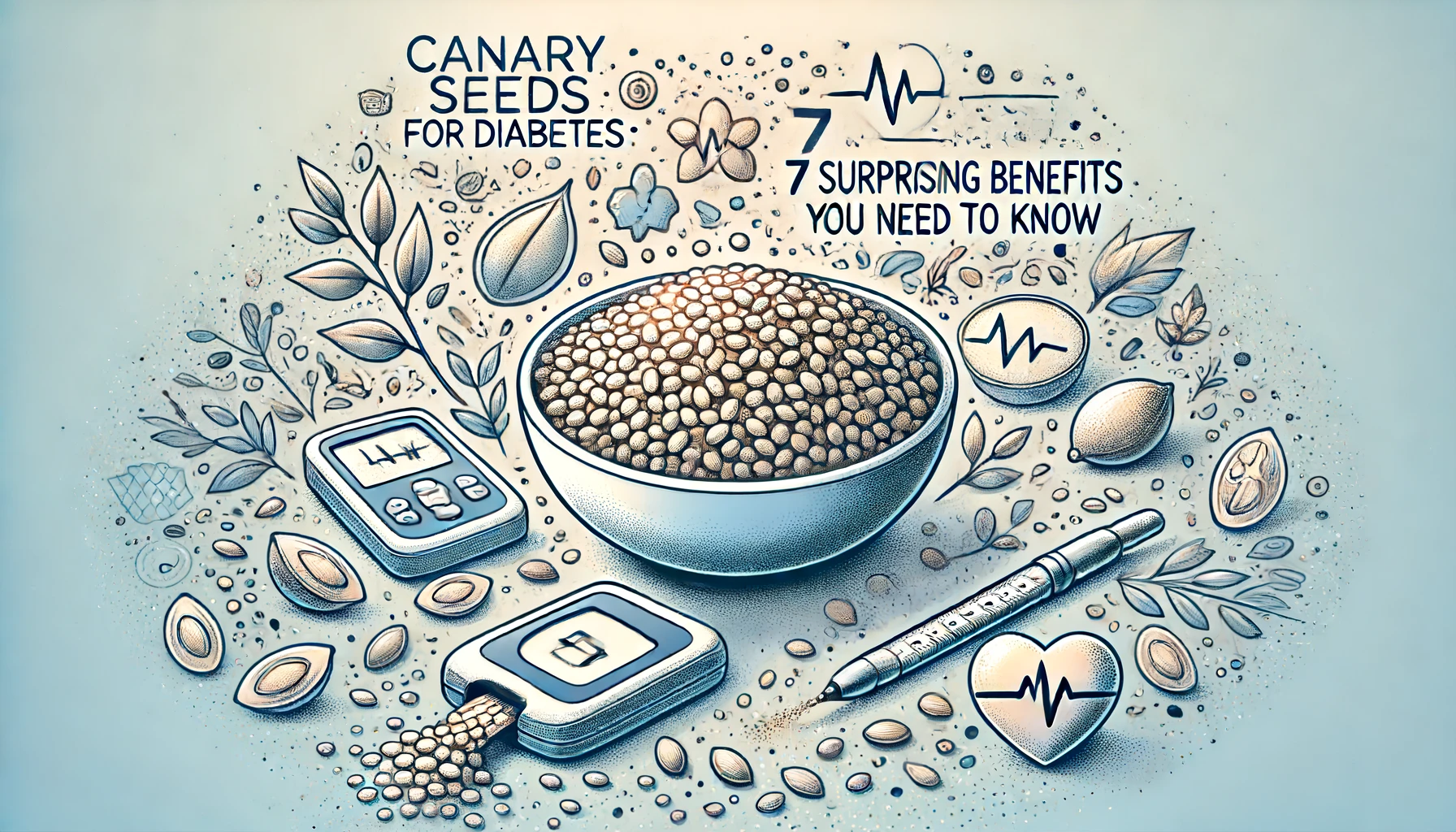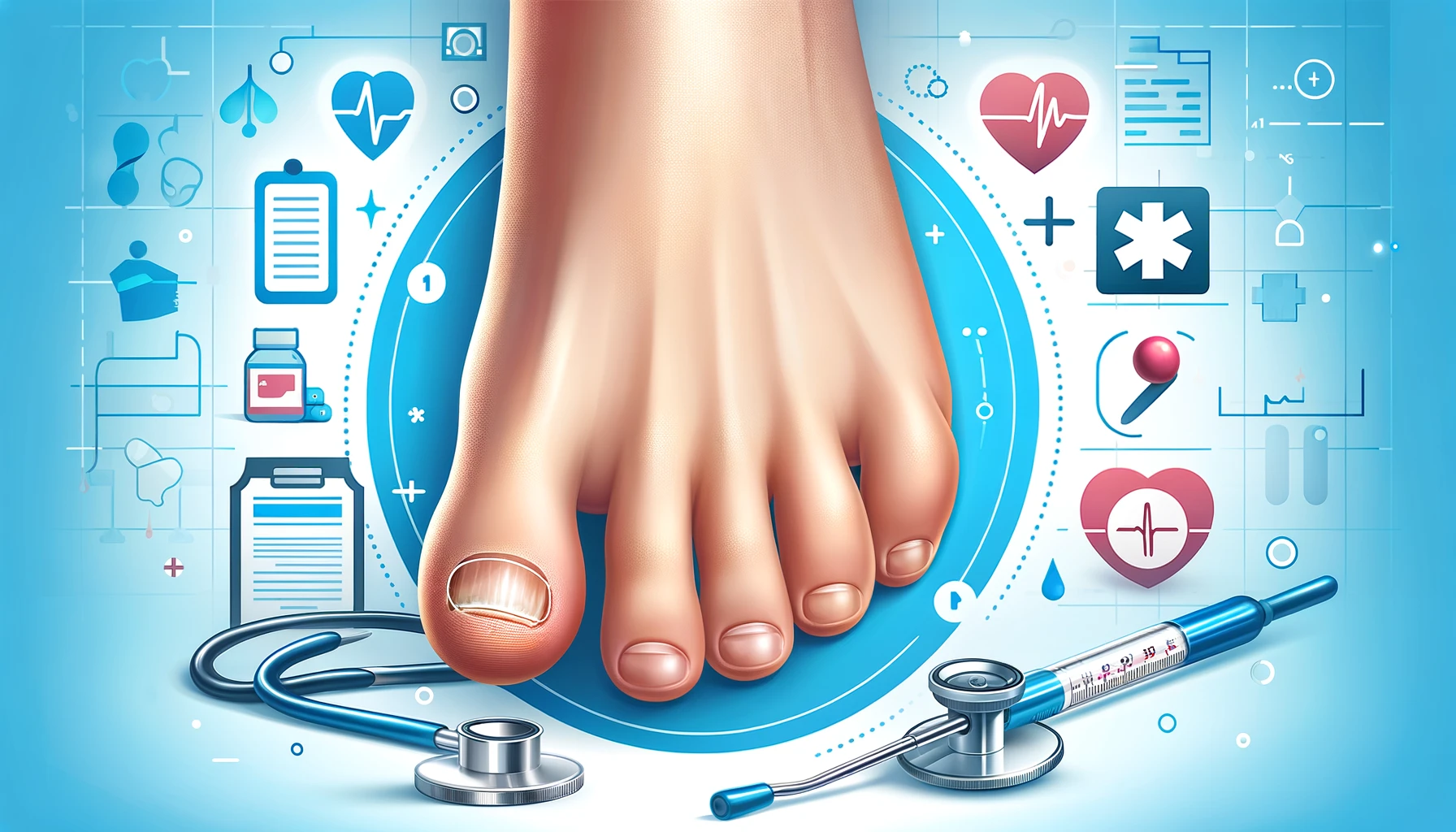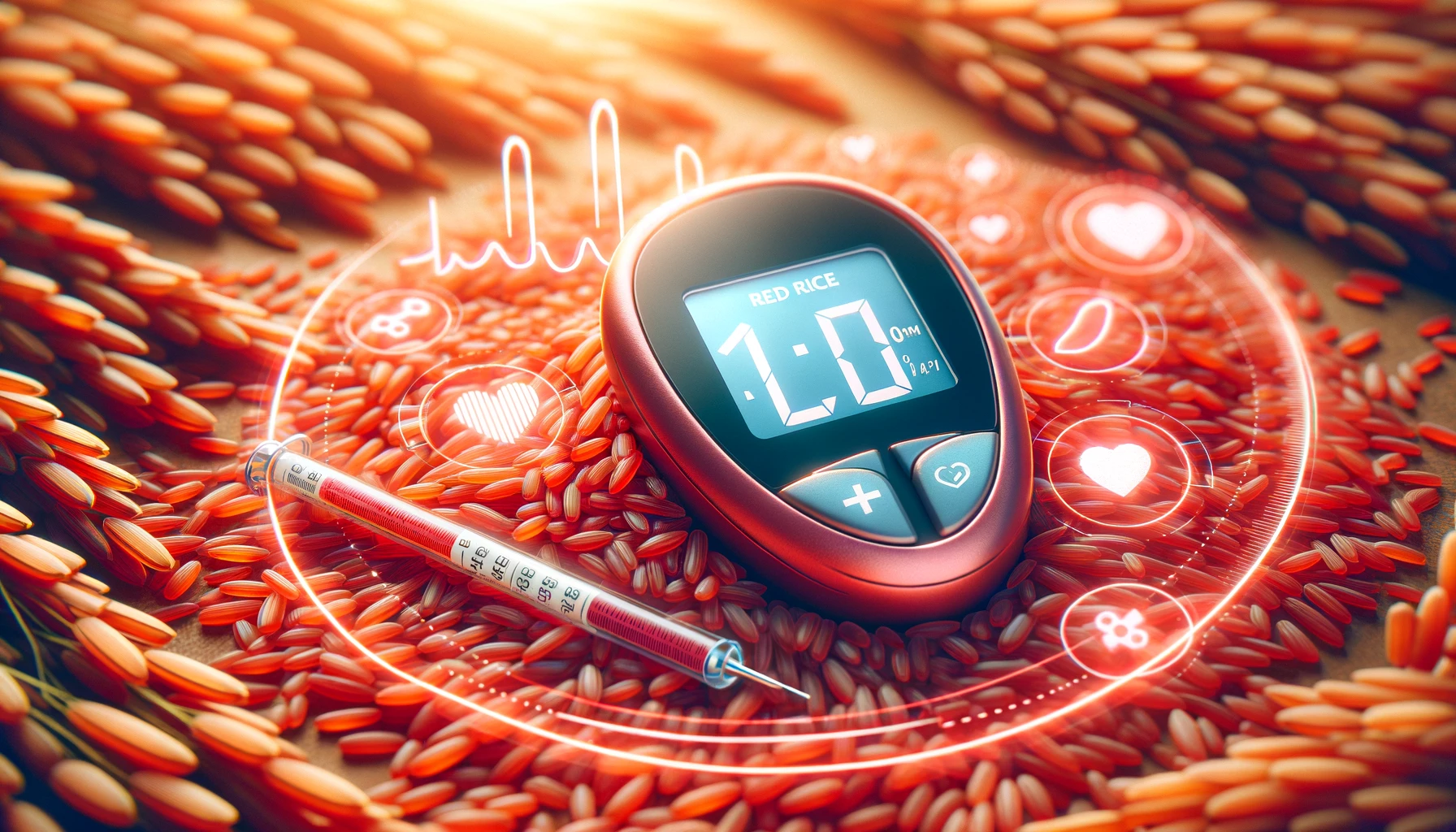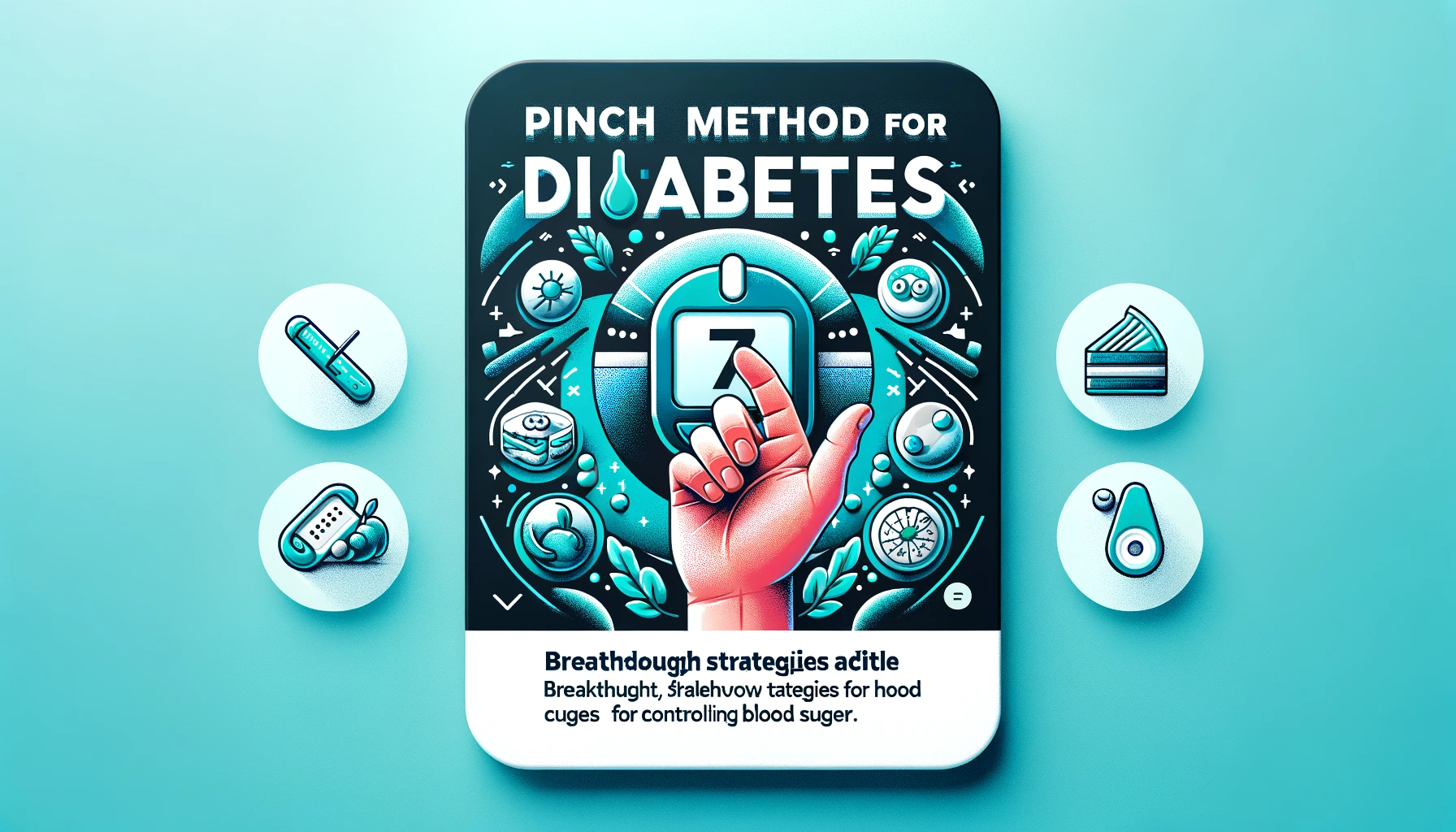Is Falling Asleep After Eating Sugar a Sign of Diabetes?
Falling asleep right after indulging in a sugary treat is a common experience for many. But could this be a red flag for diabetes?
This article delves into the relationship between sugar intake, sleep patterns, and diabetes, exploring the science behind why we might feel sleepy after consuming sugar and whether this is a cause for concern.
Contents
- 1 Understanding Diabetes and Sugar Consumption
- 2 The Science of Sleep
- 3 Is Falling Asleep After Eating Sugar a Sign of Diabetes?
- 4 Preventive Measures to Reduce Diabetes Risk
- 5 Conclusion: Is Falling Asleep After Eating Sugar a Sign of Diabetes?
- 6 FAQs: Is Falling Asleep After Eating Sugar a Sign of Diabetes?
- 7 Diabetes Related Posts
Understanding Diabetes and Sugar Consumption
What is Diabetes?
Diabetes is a chronic disease characterized by the body’s inability to regulate blood sugar (glucose) effectively. There are two primary types of diabetes:
- Type 1 Diabetes: This type occurs when the body’s immune system attacks and destroys the insulin-producing cells in the pancreas. As a result, the body produces very little or no insulin. People with Type 1 diabetes need to take insulin daily to live.
- Type 2 Diabetes: More common than Type 1, this type occurs when the body becomes resistant to insulin or the pancreas doesn’t produce enough insulin. Unlike Type 1, lifestyle factors such as diet and physical activity can significantly influence its management and development.
How Does Sugar Affect the Body?
When you consume sugar, it enters the bloodstream and triggers the pancreas to release insulin, a hormone that helps glucose get into cells to be used for energy. In a healthy person, this mechanism keeps blood sugar levels within a normal range. However, consuming large amounts of sugar can lead to higher-than-normal peaks in blood sugar and insulin, which, if frequent, can strain the pancreas and the insulin-response system. Over time, this can contribute to insulin resistance, a hallmark of Type 2 diabetes, and exhaust the pancreas, diminishing its ability to produce insulin.
Common Myths about Sugar
A prevalent myth is that sugar directly causes diabetes. The reality is more complex. While it’s true that excessive sugar intake can contribute to weight gain and increased body fat, which are significant risk factors for Type 2 diabetes, sugar alone does not cause diabetes. Instead, the disease develops from a combination of genetic and lifestyle factors, including diet, physical activity, and weight. Therefore, while sugar plays a role in the development of diabetes, it is not a direct cause but rather one of the multiple contributing factors.
Understanding these aspects helps clarify the connection between diet, lifestyle, and diabetes risk and underscores the importance of comprehensive lifestyle management to prevent or manage Type 2 diabetes effectively.
The Science of Sleep
What Happens During Sleep?
Sleep is vital for maintaining overall health and supports numerous bodily functions, including the regeneration of cells, healing, and the strengthening of the immune system. During sleep, the body cycles through multiple stages, each characterized by different brain wave activities and bodily functions:
- Stage 1 (NREM): This is the lightest stage of sleep where you can be easily awakened. It’s a transition phase between wakefulness and sleep.
- Stage 2 (NREM): Body temperature drops, and heart rate begins to slow as the body prepares for deep sleep.
- Stage 3 and 4 (NREM): These are the deep sleep stages, which are crucial for physical recovery and health. During these stages, the body repairs muscles and tissues stimulates growth and development, boosts immune function, and builds up energy for the next day.
- REM Sleep: This is the dream stage of sleep, where the brain is very active, and most dreams occur. REM sleep is thought to be essential for cognitive functions such as memory, learning, and emotional health.
Effects of Sugar on Sleep
Consuming high amounts of sugar can disrupt these sleep cycles, particularly deep sleep (NREM stages 3 and 4) and REM sleep. Here’s how sugar impacts sleep quality:
- Increased Wakefulness: High sugar intake can lead to spikes in blood sugar levels, followed by sharp drops, which can increase awakenings and overall sleep fragmentation.
- Reduced Sleep Quality: The fluctuations in blood sugar levels can prevent the body from entering the deeper, more restorative stages of sleep. Instead of waking up refreshed, one might feel tired and unrested.
- Impact on Hormones: Consuming a lot of sugar can affect the balance of hormones like insulin and cortisol (the stress hormone) during sleep. Elevated cortisol levels can interfere with the production of growth hormone, which is essential for tissue repair and healthy metabolism.
Is Falling Asleep After Eating Sugar a Sign of Diabetes?
Feeling sleepy after consuming sugar, particularly in large amounts, can be a normal response of the body as it manages the sudden spike in blood glucose. This spike causes an initial increase in energy, followed by a rapid decline as insulin moves glucose into cells, often leading to a feeling of tiredness or lethargy. This phenomenon, known as a “sugar crash,” isn’t exclusively indicative of diabetes but can occur in anyone depending on their body’s response to sugar intake.
However, frequent episodes of post-meal sleepiness, particularly if they’re coupled with other signs of diabetes, may suggest a need for a medical evaluation. Here are some additional symptoms to watch for:
- Frequent Urination: A common early sign of diabetes, where the body tries to rid itself of unused glucose through urine.
- Increased Thirst: High blood sugar levels lead to increased thirst as the body seeks to balance its glucose levels.
- Unexplained Weight Loss: Despite eating more, or feeling hungry, unexplained weight loss can occur if the body starts burning fat and muscle for energy because it can’t use glucose normally.
- Fatigue: Persistent tiredness, which might not just be related to meal times, can also be a sign of diabetes.
Other Factors Influencing Sleep After Eating
While sugar intake can influence how sleepy you feel after eating, several other factors should also be considered:
- Overall Diet: Meals high in carbohydrates and fats can also lead to feelings of tiredness as the body requires more energy to digest heavy foods.
- Physical Activity: Physical activity levels can impact how the body metabolizes food. Less active individuals may experience more pronounced sleepiness after eating.
- Body’s Metabolism: Individual metabolic rates influence how quickly and efficiently the body processes food, which can affect energy levels after eating.
When to See a Doctor
It’s essential to consult with a healthcare provider if you frequently feel sleepy after meals, especially if this symptom is combined with other potential signs of diabetes. A medical professional can conduct tests to determine if these symptoms are due to diabetes or another health issue. Additionally, they can guide managing symptoms through lifestyle adjustments and, if necessary, medication.
ALSO READ: Sugar Defender Reviews – [UPDATED 2024] Does It Really Work?
Preventive Measures to Reduce Diabetes Risk
Dietary Recommendations
Managing your diet effectively is crucial in preventing diabetes, particularly Type 2 diabetes. Here are more detailed strategies for dietary management:
- Low Processed Sugars: Processed sugars are quick to spike blood glucose levels. Limiting foods high in refined sugars such as candies, cakes, and some cereals can help maintain more stable blood sugar levels.
- High Fiber Intake: Foods high in fiber, such as vegetables, fruits, legumes, and whole grains, slow down the absorption of sugar into your bloodstream, preventing rapid spikes in blood sugar. Fiber also helps you feel fuller longer, which can help in weight management.
- Inclusion of Proteins and Healthy Fats: Incorporating lean proteins (like chicken, fish, and plant-based proteins such as lentils and chickpeas) and healthy fats (like avocados, nuts, and olive oil) into your diet can also slow glucose absorption. This helps in maintaining steady energy levels and preventing the highs and lows that can come from eating high-sugar meals.
- Regular Meals: Eating at regular intervals helps prevent the blood sugar level from dips and spikes that can lead to insulin sensitivity. Avoiding large meals and opting for smaller, more frequent meals can also help regulate your blood sugar.
Importance of Regular Check-ups
Regular medical check-ups are key in the early detection and management of diabetes:
- Early Detection: Regular screenings can detect prediabetes, which is the stage before diabetes where blood sugar levels are high but not yet high enough to be classified as diabetes. Early detection allows for lifestyle interventions that can prevent or delay the onset of Type 2 diabetes.
- Management of Health Issues: For those already diagnosed with diabetes, regular check-ups help in managing the condition effectively. Monitoring blood sugar levels, along with kidney, eye, and foot health, is vital in preventing complications associated with diabetes.
- Lifestyle Guidance: Healthcare providers can offer valuable advice on lifestyle changes that can manage or reduce the risk of diabetes. They can provide personalized recommendations based on individual health needs, dietary habits, and risk factors.
Proactive Lifestyle Changes
In addition to diet and medical check-ups, incorporating regular physical activity into your routine is crucial. Exercise helps increase insulin sensitivity, which means your cells are better able to use the available sugar in your bloodstream. Aim for at least 150 minutes of moderate aerobic activity or 75 minutes of vigorous activity each week, as recommended by most health guidelines.
Overall, combining dietary management, regular medical check-ups, and physical activity forms a comprehensive approach to preventing diabetes. These proactive measures not only improve your overall health but also significantly reduce the risk of developing diabetes.
Conclusion: Is Falling Asleep After Eating Sugar a Sign of Diabetes?
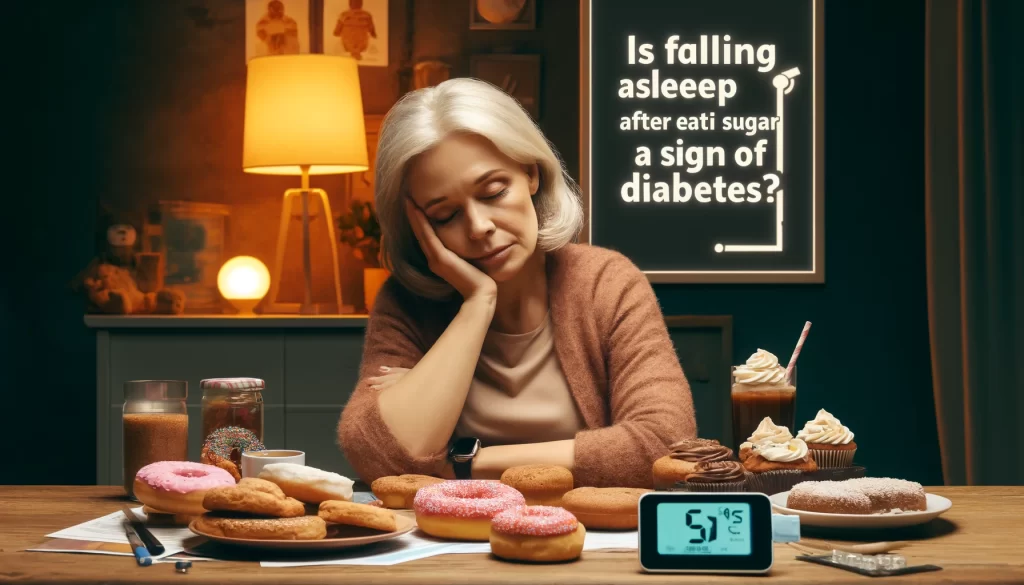
Is Falling Asleep After Eating Sugar a Sign of Diabetes?
While it’s common to feel sleepy after consuming a large meal or sugary foods due to the body’s natural digestive processes and fluctuating blood sugar levels, this should not immediately cause alarm. This reaction is a part of your body’s normal response to food intake, particularly foods high in sugar and carbohydrates, which can lead to a quick spike and subsequent drop in glucose levels, resulting in temporary drowsiness.
However, consistent post-meal sleepiness, especially if accompanied by other symptoms of diabetes such as increased thirst, frequent urination, unexpected weight loss, or persistent fatigue, may warrant further investigation. These signs can be indicative of underlying health issues, including diabetes, and should not be overlooked. Early detection and management of such symptoms can prevent more severe complications.
Maintaining a balanced diet is crucial in regulating blood sugar levels and supporting overall health. This includes incorporating a variety of nutrients such as high-fiber foods, lean proteins, and healthy fats, which help stabilize energy levels and prevent rapid blood sugar spikes and drops. Dietary balance also helps in maintaining a healthy weight, which is vital in preventing Type 2 diabetes.
Regular health screenings are another critical element in maintaining overall well-being. These check-ups can catch potential health issues early, making them easier to manage or even reverse. Regular monitoring of your health can provide peace of mind and keep you informed about your body’s needs and changes.
In conclusion, while occasional sleepiness after eating sugar is typically nothing to worry about, paying attention to your body’s signals and maintaining a healthy lifestyle is key. If symptoms persist or are accompanied by other signs of diabetes, seeking medical advice is strongly recommended. This proactive approach not only addresses immediate health concerns but also contributes to long-term health and quality of life.
ALSO READ: Sugar Defender Scam – (CAUTION 2024) Fraud Risks to Avoid or Safe Ingredients That Work?
FAQs: Is Falling Asleep After Eating Sugar a Sign of Diabetes?
-
Is it normal to feel sleepy after eating?
Yes, feeling sleepy after eating is normal and is known as postprandial somnolence or the “food coma.” This happens because eating triggers the release of hormones such as insulin, which helps in the digestion of food, particularly those high in fats and carbohydrates. These processes require energy and can divert blood flow toward the digestive tract, thereby reducing overall energy levels and causing drowsiness.
-
Can eating sugar before bed disrupt your sleep?
Yes, consuming sugar before bedtime can disrupt your sleep. Sugar can lead to a spike in blood sugar levels followed by a rapid drop, which can cause intermittent wakefulness throughout the night and prevent deep, restorative sleep. Additionally, the energy boost from sugar can make it difficult to fall asleep initially.
-
What are the first signs of diabetes?
The first signs of diabetes often include increased thirst, frequent urination, hunger, fatigue, blurred vision, and unexplained weight loss. These symptoms occur because glucose is less effectively absorbed by the body’s cells and begins to accumulate in the blood, prompting these physiological changes and symptoms.
-
How can I stabilize my blood sugar naturally?
To naturally stabilize blood sugar, focus on a balanced diet that includes fiber-rich foods, lean proteins, and healthy fats, which all help slow the absorption of sugar into your bloodstream. Regular physical activity also helps use up glucose as energy and makes cells more responsive to insulin. Additionally, maintaining regular meal times and portion control can prevent significant fluctuations in blood sugar levels.
-
What are other common symptoms of diabetes besides fatigue?
Besides fatigue, other common symptoms of diabetes include tingling or numbness in the hands or feet, slow-healing sores or cuts, very dry skin, more infections than usual, and areas of darkened skin in the folds and creases of the body. These symptoms reflect the effects of high blood sugar levels on various body systems and functions.

